Good morning! Country Squire Chesapeake tobacco, Costco coffee, sacred reading.

What a blessing to spend some time with one of my spiritual fathers and founding pastor of Desert Mission Anglican Church, Fr. John Dyson. So thankful for how God has blessed me with his ministry and friendship.

Working on preaching with fewer notes. This morning I took about half of what I usually do with me, and was able to fit it all on a single sheet of paper tucked in my Bible.
One of my core “mentors from afar,” Tim Keller, has died. It feels like such a tremendous loss. Although I did not know him personally, he had a tremendous personal impact on me.
Tim Keller’s preaching and teaching and pastoral posture have helped me profoundly, and formed me deeply. So many times, his writing and preaching steadied my faith and brought me deeper into the beauty of the biblical story.
I give thanks to God for what I know of his life and ministry. Praying for that special peace that comes from the Spirit to comfort him and all his loved ones.
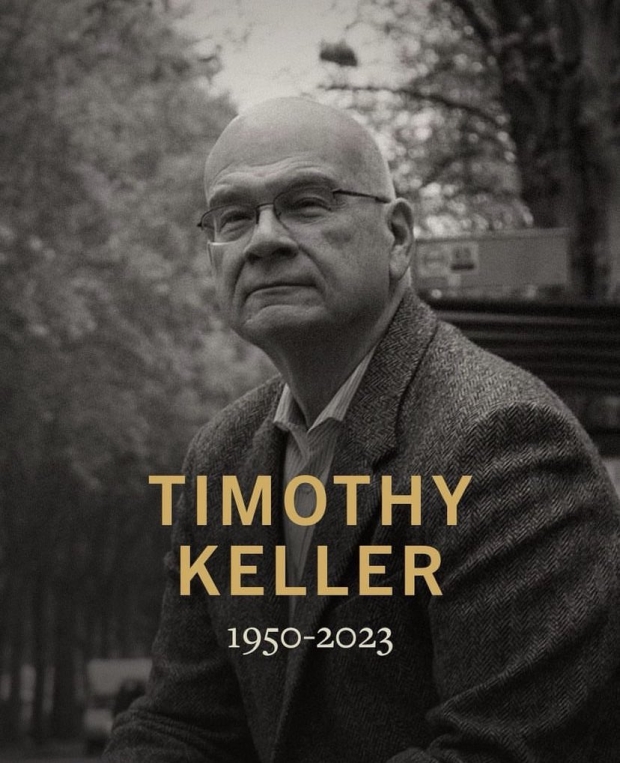
NT Wright on the martyrdom of St. Stephen:
In the great Jewish tradition of martyrdom, the dying called down curses on their persecutors; the first Christian martyr followed his Lord in praying for their forgiveness. But forgiveness wasn’t what they wanted (despite the fact that this was what the Temple stood for!); they wanted their worldview left intact. That’s the stuff that stonings are made of. But God has laid in Zion the true corner stone, precious beyond imagining to those who believe.
N. T. Wright, Twelve Months of Sundays: Reflections on Bible Readings, Year A, (London: Society for Promoting Christian Knowledge, 2001), 63.
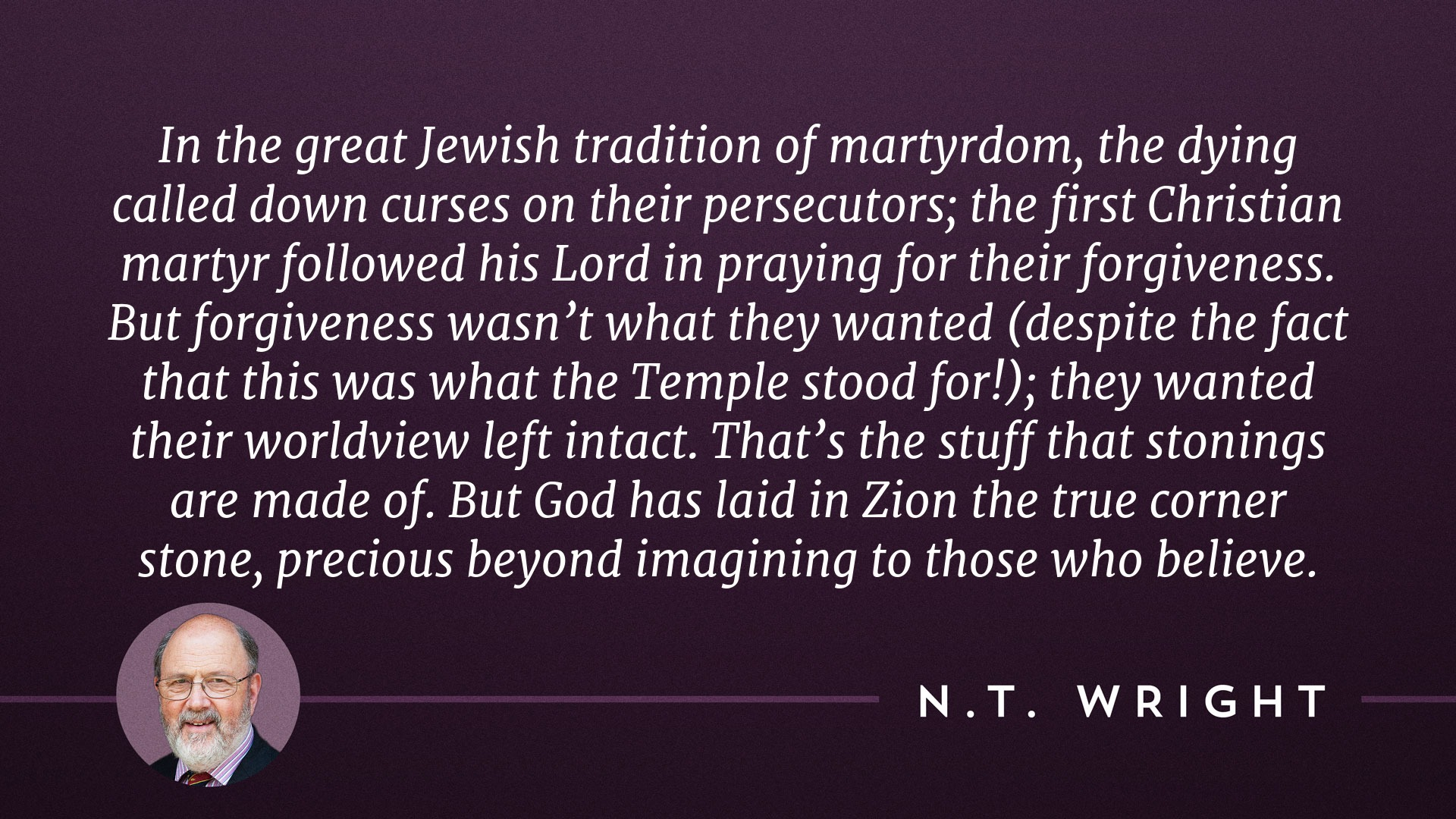
Finished 2023: Why We Sleep by Matthew Walker 📚
Essential ideas for understanding the essentially foundational nature of sleep, written with energy and in some places even poetry.
Finished 2023: The Unbeatable Squirrel Girl by Ryan North 📚
Fun and whimsical comic. Great lighthearted reading.
Finished 2023: On the Ecclesiastical Mystagogy by Saint Maximus the Confessor 📚
Maximus, helpful and inspiring as always. was gratified to find that his description of the liturgy maps closely to what I participate in weekly as an Anglican Christian.
Cal Newport gives a great explanation of how ChatGPT works and why it probably won’t become Skynet.
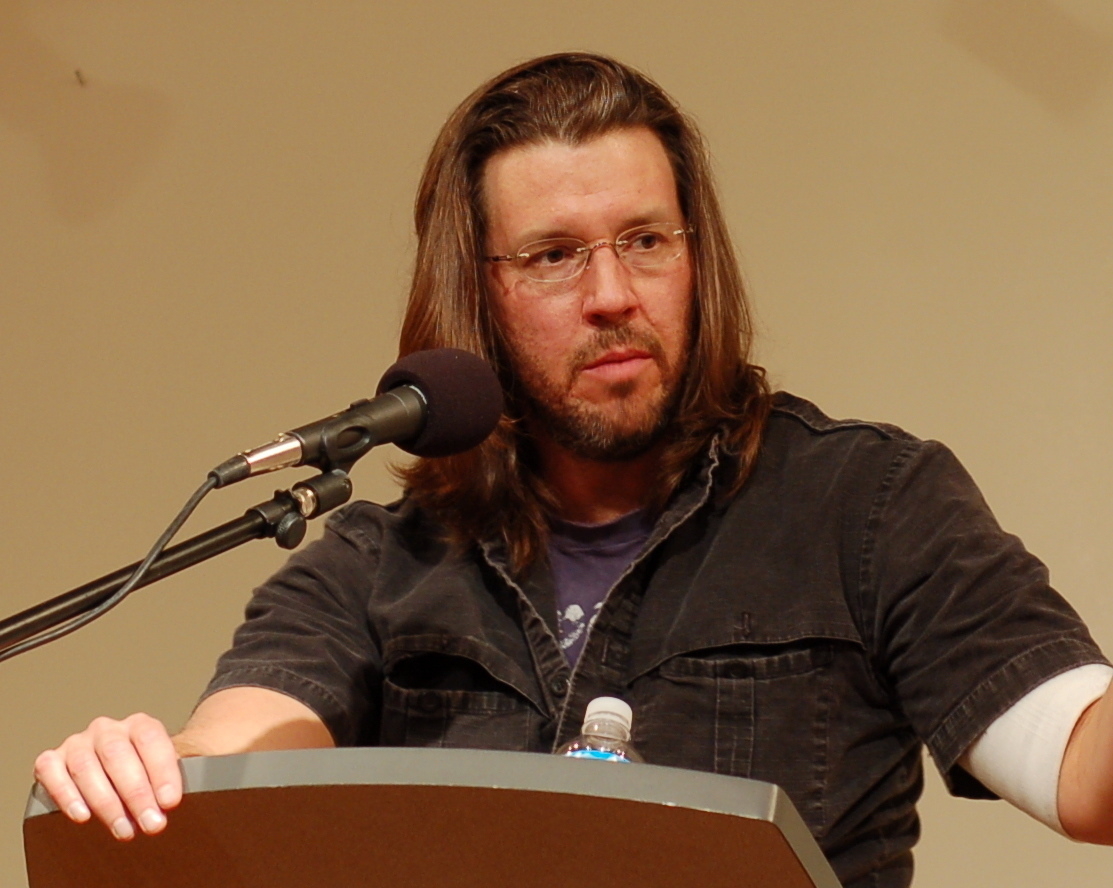
Been reading a bit about David Foster Wallace today. In my circles, quotes from his famous Kenyon College commencement address, “This is Water,” are often deployed. Was glad and saddened to learn more.
Photo: Wikipedia
Something beyond comprehension happens to the crucifixion of Jesus when it gets turned into “Good” Friday. That something is the resurrection, which transforms crucifixion from hideous injustice into redemptive event. That transformation does not undo the hideousness or permit us to put paid to the cross. No, resurrection makes the crucifixion all the more unjust and hideous – and redemptive!
Read the whole reflection from Scot McKnight. It’s worth your time.
Game night last Friday at the church was blast. Games played:
Codenames Azul Catan
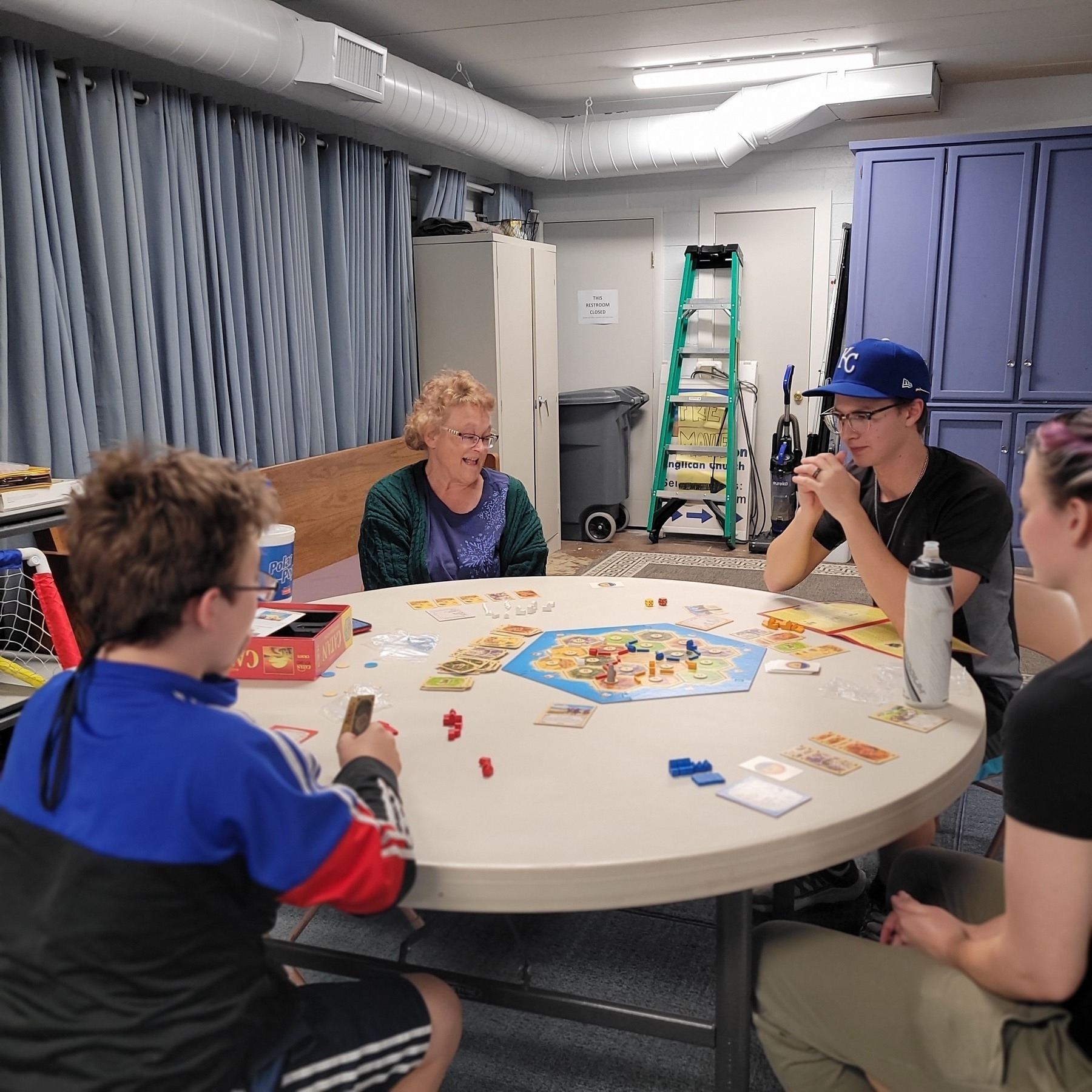
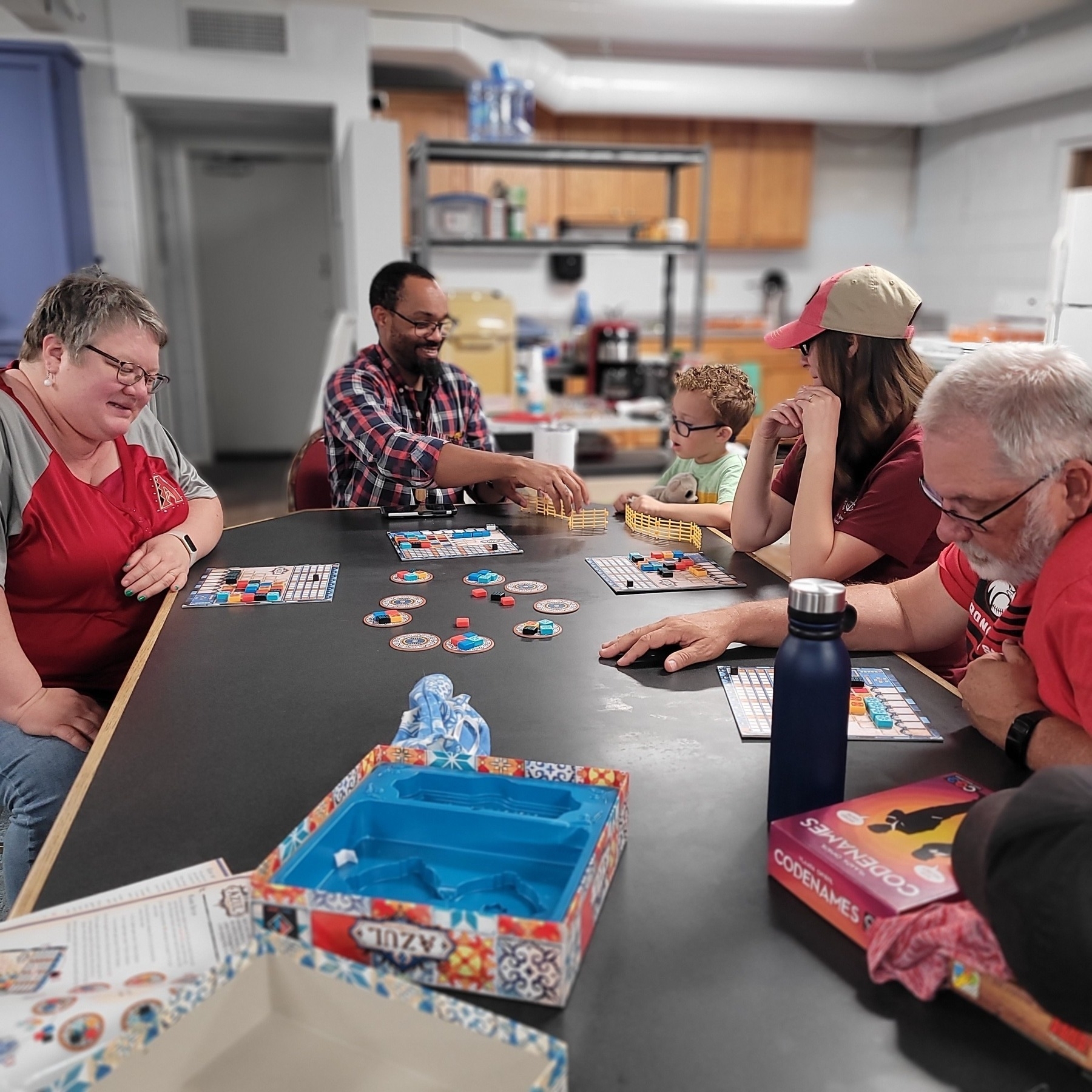
Guitar players, like myself, believed for years that these artists had access to futuristic tools and production tactics that were out of reach for the ordinary musician.
The opposite was true.
As a musician, this post by the ever-insightful C. J. Chivers on how “process wins every time” really resonated.
Yesterday I witnessed my sisters and brothers in Christ:
joyfully welcome newcomers,
pray with compassion for those that are hurting,
labor toward unity in the midst of disagreement,
dream about God’s calling and plans for our church,
be honest about insecurities,
give thanks to God,
show up early and stay late,
pray and praise,
encourage each other,
take members home from the hospital,
give rides to and from church to those that can’t drive,
visit the grieving in the midst of their own grief,
deliver furniture to those in need,
bless children,
–basically, be the hands, feet, presence of Christ. Sundays can be exhausting days for pastors. Yesterday was especially long for me, but looking back on what I witnessed–
I feel so grateful to be able see in so many ways how God is working in and through his people.
Photo by Steward Toliver of one of our parishioners, Jason Hensley, serving as an acolyte as he does most Sundays. Here he is lighting candles, a symbol of the light that Christ shines on us and through us into the world.
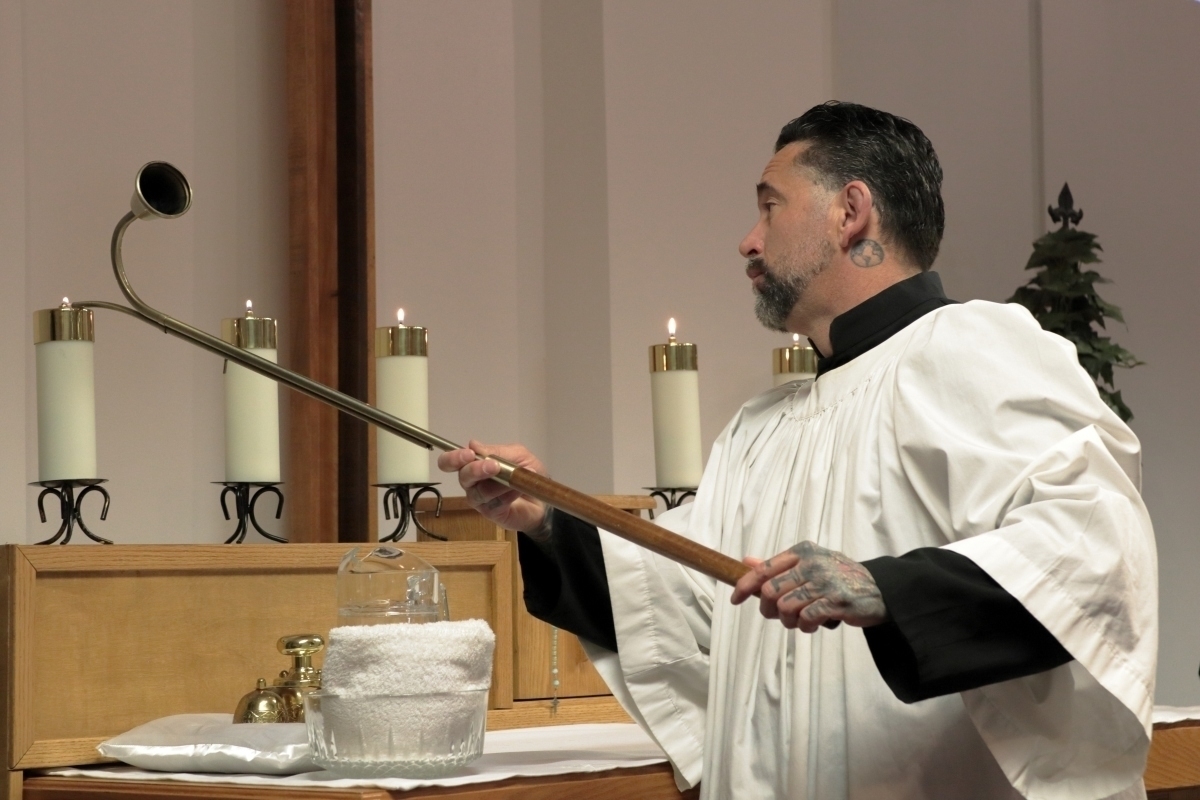
Good morning! Last bit of Escudo I’ve been aging since 2020 in a St. Paddy’s Day pipe from Missouri Meerschaum

Thursday morning pipe. Three Nuns. I know it’s not the same as it was, but it’s interesting to note this was C.S. Lewis' preferred brand.

Enjoying this locally-roasted coffee spotted in the supermarket the other day.

A glimpse from today’s visit to the Desert Botanical Garden.

Started listening: The Hiddenness of God by Michael C. Rea 📚
 NRH
NRH